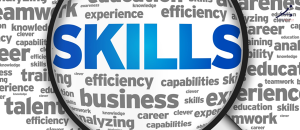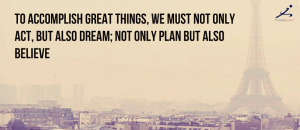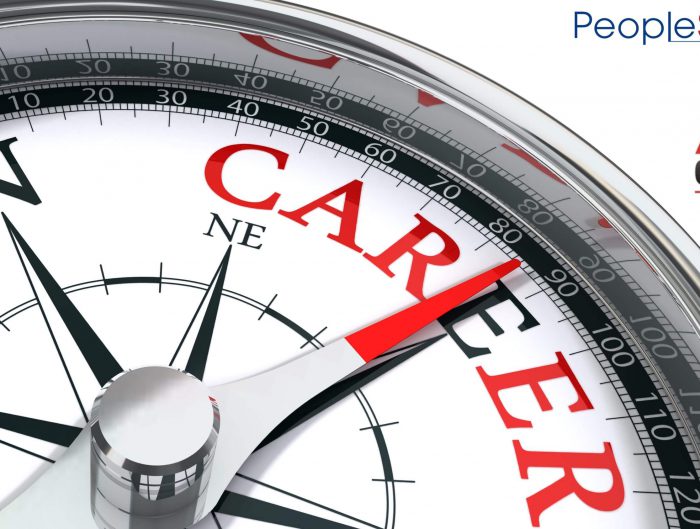Have you been told to ask clever questions at a job interview but have no idea what these could actually be? Here are some examples you might want to bookmark!

1) What’s the difference between a good employee in this role and a fantastic one?
This is a great way to get a quick look if the company’s values are aligned with yours. Watch out if an interviewer mentions traits that sound un-achievable such as winning multiple awards or being chummy with the CEO.
So then, what should you hear? Answers that involve working well with others, being a great communicator, and being an effective leader.

2) How do you see my skills and experience fitting with the needs of your company?
This question can help get the employers thinking about why you will fit this role, which is exactly what you want them to be thinking about after you leave the place.

3) What’s the process for onboarding employees, and how do you handle beginner mistakes?
This question prepares you on what to expect when you join the company as it asks about the kind of support that is provided to new employees to allow them to feel comfortable in a new environment. This also shows how much the organization is committed in helping you grow and learn.
Watch out! If the interviewer says something along the lines of, “Are you planning on making mistakes?” or “Well, we really hope people don’t make mistakes.” It indicates that the company may not support an employee when he/she is learning or taking risks.

4) What are the most important things you’d like me to accomplish in the first three months if I am hired for this position?
This question gives you an idea on what to expect if you were to join that company. It allows you to prepare yourself for the new journey and dismiss doubts that you might have about the job.

5) What do you love about working here — and what do you dislike?
It’s a good idea to ask your interviewer a few personal questions about his role at the company. The catch is to listen up and see if your interviewer is giving you a rehearsed answer. From your interviewers answers, you can then evaluate what the working culture is probably like and then see if it matches with what you’re looking for.
–




Have something to add? Share it in the comments